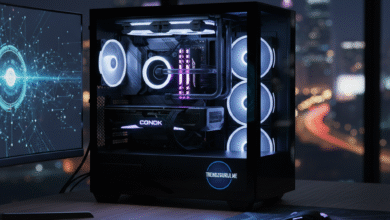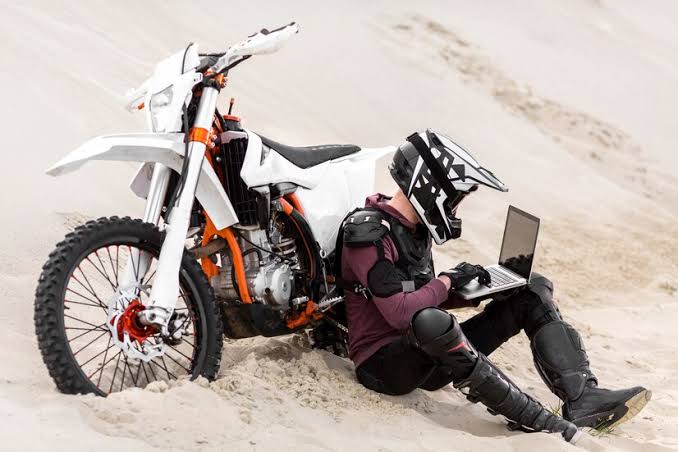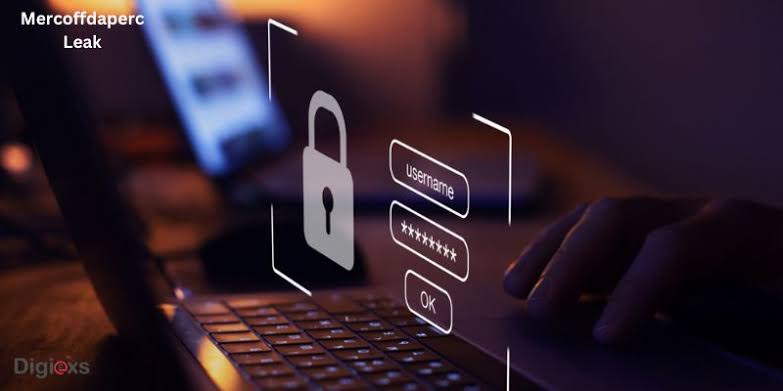Playing It Safe: Crucial Precautions For Hot Water System Installation

Imagine coming home after a long day ready to soak in a steamy shower, only to find lukewarm dribbles of water trickling from the showerhead. No hot water. Now picture that happening because a DIY installation went wrong. Hot water is a modern essential we rely on daily for comfort and cleanliness. That’s why leaving system installation to professional plumbers like Same Day Hot Water Service Perth using safety-first practices is so important.In this post, we’ll highlight key precautions plumbers take during hot water system installation to ensure they are completed safely, properly, and built to last. Read on to learn why you should never take risks when it comes to putting in your hot water heater.
Proper Sizing for Optimal Operation
One of the most important concerns is deciding on the best system size and capacity to meet your building’s or home’s hot water requirements. Oversizing costs money, while undersizing will result in not enough hot water. Expert plumbers know how to estimate anticipated usage as well as peak demand and other variables to determine the best system specifications to ensure maximum efficiency and performance. A wrong size can lead to problems later on.
Converting Gas Types Correctly
When changing out gas systems the correct fuel conversion procedure must be followed to prevent deadly accidents. Plumbers are trained to precisely reconfigure gas pipes as well as air intakes, burner nozzles and flue vents, among others to fit the new type of fuel. Do not risk a dangerous DIY gas conversion, let the professionals handle it.
Venting and Flues Installed Securely
Gas and other systems that are fueled require proper installation of exhaust flues and ducting in order to safely release emissions.Plumbers attach flues securely using appropriate slopes and materials that are code-approved to ensure harmful exhaust gases are able to exit in a safe manner. Unfit flues could lead to carbon monoxide poisoning or even fire.
Electrical Work Done Safely
All electrical connections to controllers, pumps, and other equipment must conform to the local codes for electrical power and standard. Plumbers are certified electricians that are able to safely measure the wiring, ground systems correctly and ensure that power connections are waterproof. Hacks could cause electrical fires, or electrocution due to poor wiring.
Water Piping Free of Leaks
The plumbers should pressure test all plumbing systems for leaks prior to laying flooring and drywall. Even the smallest drips can cause mold or water damage. Their specially designed tools, expertise and leak detection methods ensure the pipes are all closed and that hot water is flowing in a correct manner with no drips escaping. DIYers can often miss small leaks.
Fixtures and Relief Valves Installed Correctly
Every component, including faucets, shut-off valves and pressure relief valves have to be incorporated correctly with the entire system. Plumbers pick the highest quality components and set them up in accordance to the requirements and the best practices to ensure a seamless and reliable system.
Proper Condensation and Drainage
Systems generate large quantities of condensation and moisture that require controlled drainage. Plumbing professionals install pans, drains, and drainage that are properly designed and pitched to prevent water back-ups. Condensate leaks uncontrolled could cause thousands of dollars in damages to the property if not taken care of at the time of installation. Don’t learn how to fix it.
Getting Permits and Inspections
Installation or repair require plumbing and permits for construction from the local municipality. After the work is completed the inspector has to verify that the systems are in compliance with all standards. Plumbers should obtain all the necessary permits and licenses, after which they conduct final inspections to legally verify the security and functionality of the system. The absence of permits or inspections could result in legal problems.
Water Chemistry Adjustments
Local water chemistry affects the lifespan of the system, its efficiency, and efficiency. Plumbers examine the composition of water and make the necessary adjustments to the chemistry required. Adjustments aid in preventing corrosion and scaling that can cause harm. which can damage fittings and systems. A good water chemistry can prevent costly breakdowns that occur prematurely.
Conclusion
As you can observe the installation of hot water systems is complicated, with a variety of factors that affect safety and functionality. Always trust professional plumbers who are licensed to carry out measures that result in effective lasting, durable, and reliable installations. Don’t risk the work yourself.



